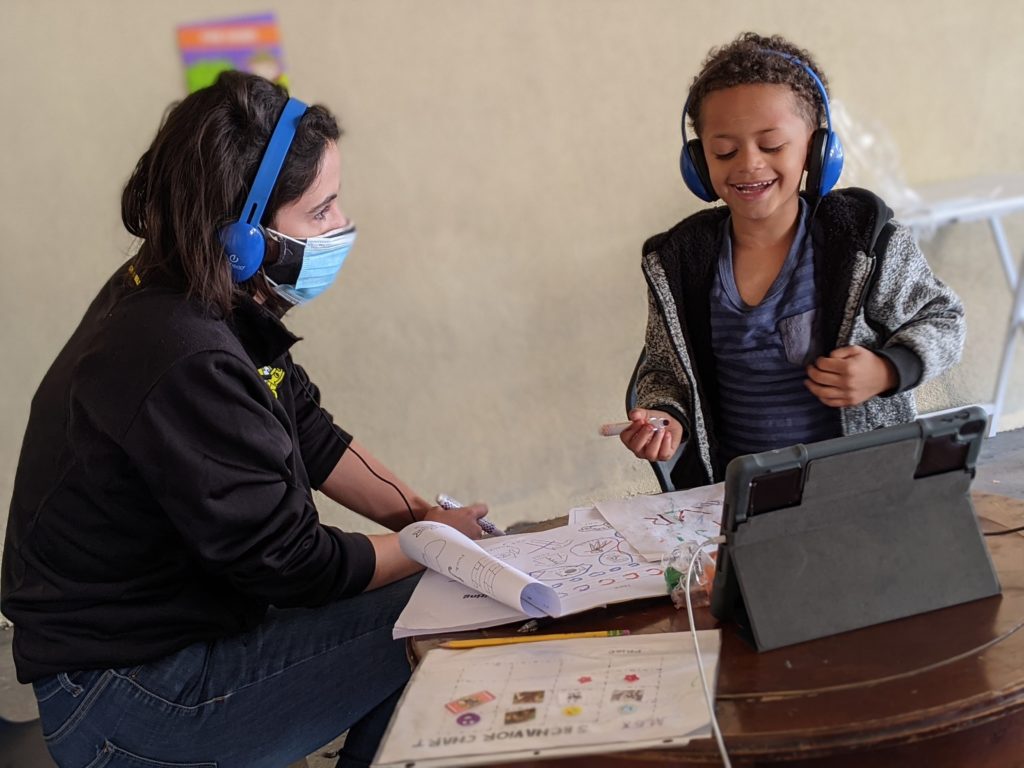Guide to In-Person Tutoring

Now that COVID-19 restrictions are lessening, School on Wheels is slowly reopening for in-person tutoring. Our policies have slightly changed for in-person tutoring, but our mission remains the same: support our students. Check out our recorded webinar and detailed guide below for a successful start with your next in-person tutoring placement.
If you or your student experience any issues or have questions, please contact your regional team member directly. If you do not know who your coordinator is, please email volunteers [at] schoolonwheels.org.
Please Note: All volunteers placed at an in-person tutoring location must watch this webinar from start to finish. Once the webinar ends, you will be prompted to enter your name and the email you used on your volunteer application. It’s important to stay on this page until you submit your name and email to avoid having to restart the webinar.
